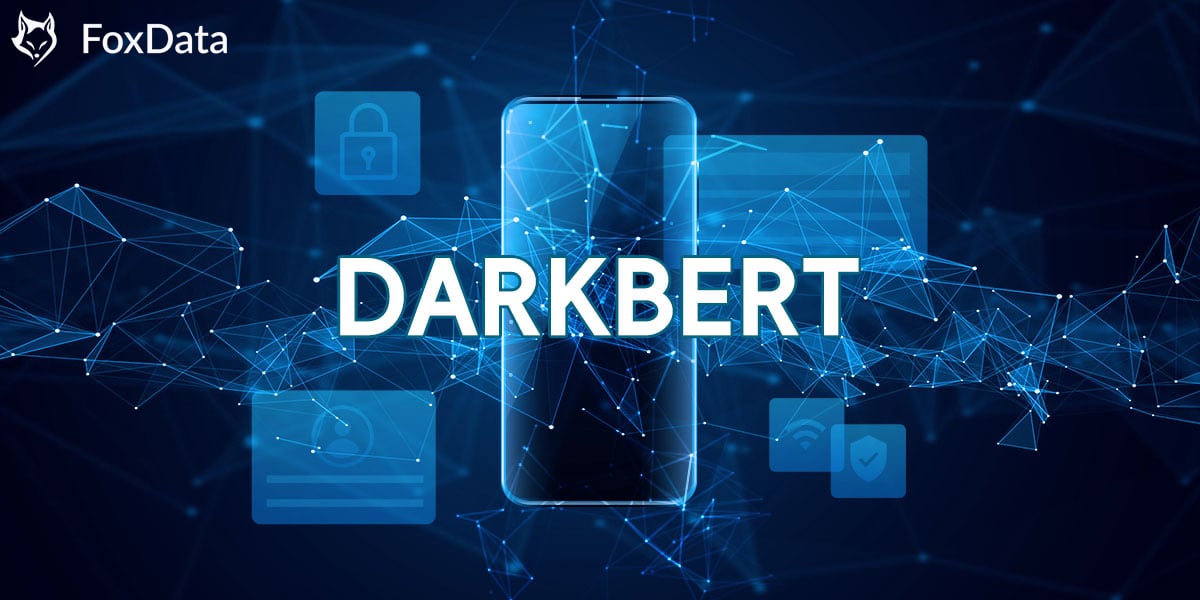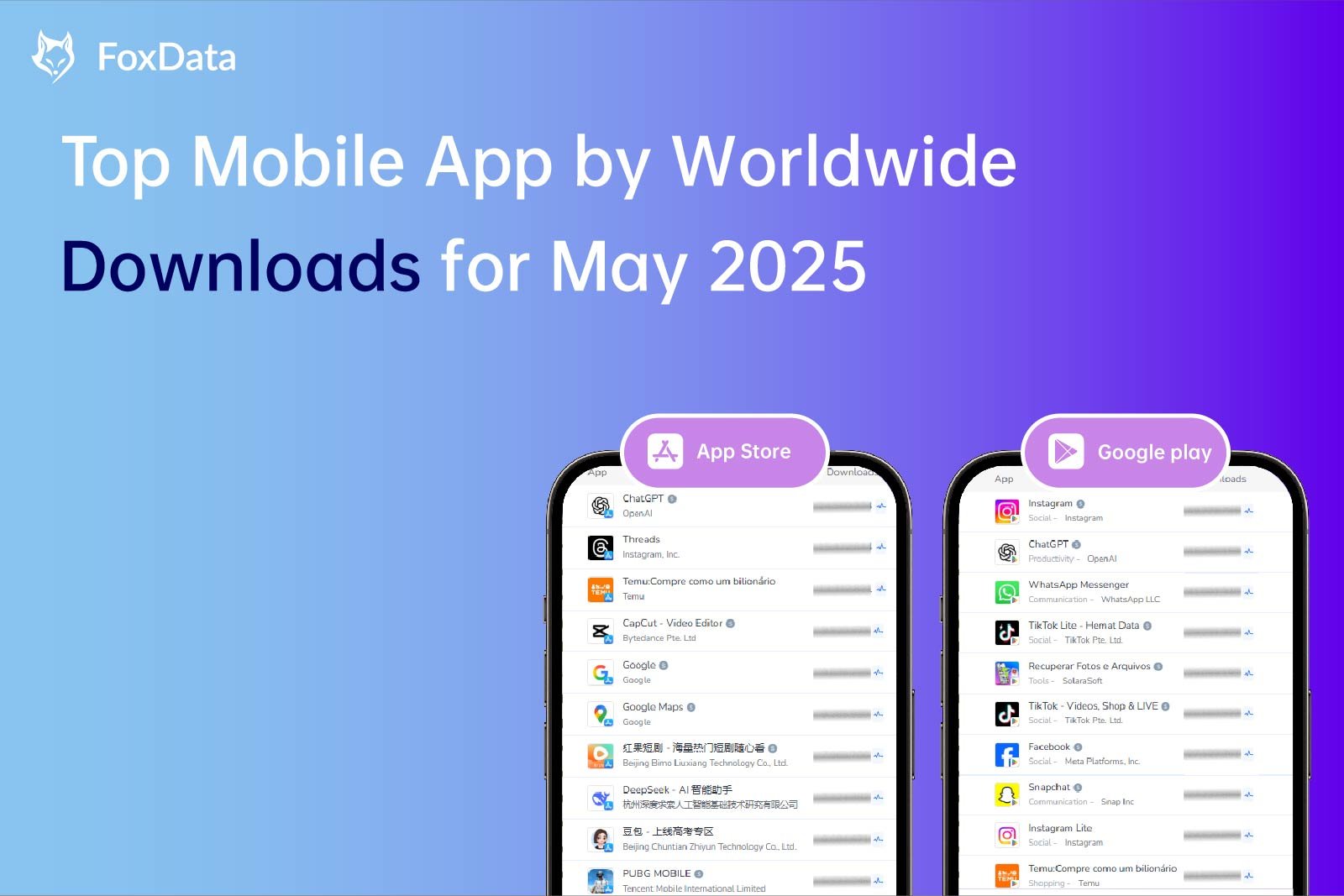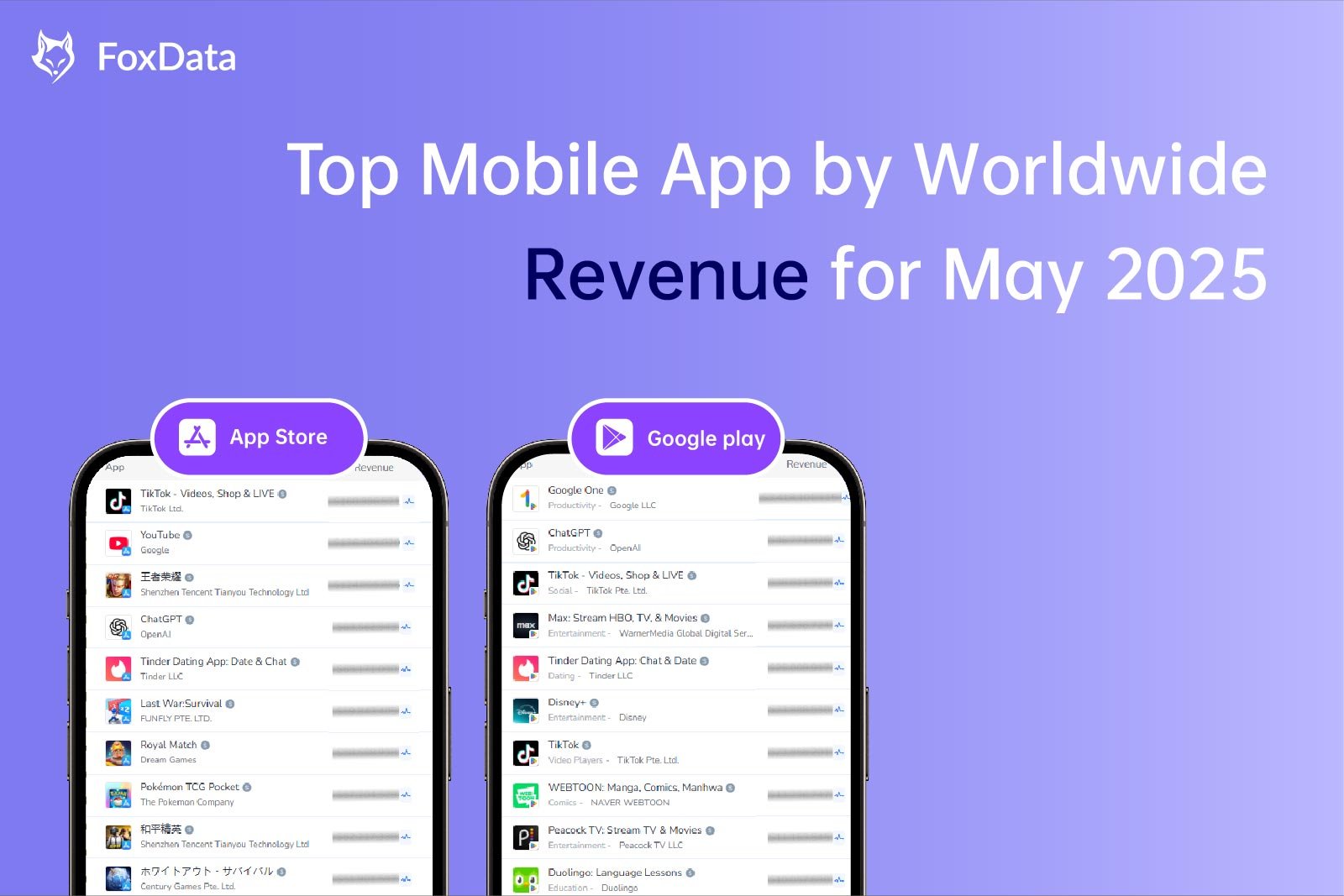
Following the successes of OpenAI's ChatGPT, Microsoft's Bing Chat, and Google Bard, researchers have introduced a new AI model called DarkBERT. Unlike ChatGPT and Google Bard, DarkBERT was trained using data from the dark web, where hackers and cybercriminals operate freely.
South Korean researchers outlined their methodology in a published paper (PDF), explaining how they accessed the dark web through the Tor network and constructed a dark web database to train DarkBERT.
DarkBERT represents a dive into the world of cybercrime, using unconventional data sources to create an AI model with knowledge from the dark web.
The introduction of 'DarkBART' and 'DarkBERT' chatbots has accelerated the cybercriminal underground. These AI chatbots offer new capabilities, including Google Lens integration and access to the dark corners of the internet.
The developer behind the malicious chatbot 'FraudGPT', known as "CanadianKingpin12" in hacker circles, is planning to release even more sophisticated tools based on generative AI and Google's Bard technology. One of these upcoming tools will use a large language model (LLM) drawing knowledge from the entire Dark Web.

The developer of the AI-based hacker tool 'WormGPT' alerted researchers about the plans of "CanadianKingpin12." DarkBART and DarkBERT are expected to provide threat actors with unprecedented capabilities, enabling them to engage in various cybercrimes.
The rapid progression from WormGPT to FraudGPT and now 'DarkBERT' emphasizes the significant impact of malicious AI on cybersecurity. DarkBART and DarkBERT represent a new generation of AI that poses new challenges for countering cybercrime.
DarkBART is a dark version of Google BART AI, while DarkBERT is based on a large language model (LLM) developed by South Korean data-intelligence firm S2W. Access to DarkBERT is currently limited to academic researchers.
The developer claims that DarkBERT can be integrated with Google Lens, making it capable of processing both text and images. Additionally, there is another unrelated tool named DarkBERT that leverages the entire Dark Web as its LLM, granting access to the collective knowledge of the hacker underground.
As these Dark Web generative AI tools continue to evolve, it is expected that their developers may offer application programming interface (API) access, making it easier for cybercriminals to incorporate chatbots into their operations and engage in cybercrime. This raises concerns about the potential consequences and the need for proactive cybersecurity measures.
Defending against AI-powered threats requires proactive approaches such as educating employees about identifying phishing attacks, providing specific training on business email compromise (BEC), and enhancing email verification measures to combat AI-driven threats.
With the evolution of cyber threats, cybersecurity strategies must continually adapt to effectively counter emerging threats. A proactive and educated approach is crucial in combating AI-driven cybercrime.
Now just join FoxData and embark on a journey of marketing excellence as we unveil the latest industry news, unveil powerful growth strategies, and present cutting-edge measurement solutions.
With FoxData as your guide, watch your performance soar to new heights!
All content, layout and frame code of all FoxData blog sections belong to the original content and technical team, all reproduction and references need to indicate the source and link in the obvious position, otherwise legal responsibility will be pursued.
 Keywords Research
Keywords Research  Reviews Management
Reviews Management  User Activity Monitoring
User Activity Monitoring  User Retention Analytics
User Retention Analytics  Global Market Research Top Charts
Global Market Research Top Charts  Trending Apps Bidding Keyword Analysis Ad Creatives Analysis AI App Marketing
Trending Apps Bidding Keyword Analysis Ad Creatives Analysis AI App Marketing  Keyword Tools Rating & Reviews Tools App Marketing Research Store Insights Est. App Downloads Est. App Revenue App Data Analysis
Keyword Tools Rating & Reviews Tools App Marketing Research Store Insights Est. App Downloads Est. App Revenue App Data Analysis 








